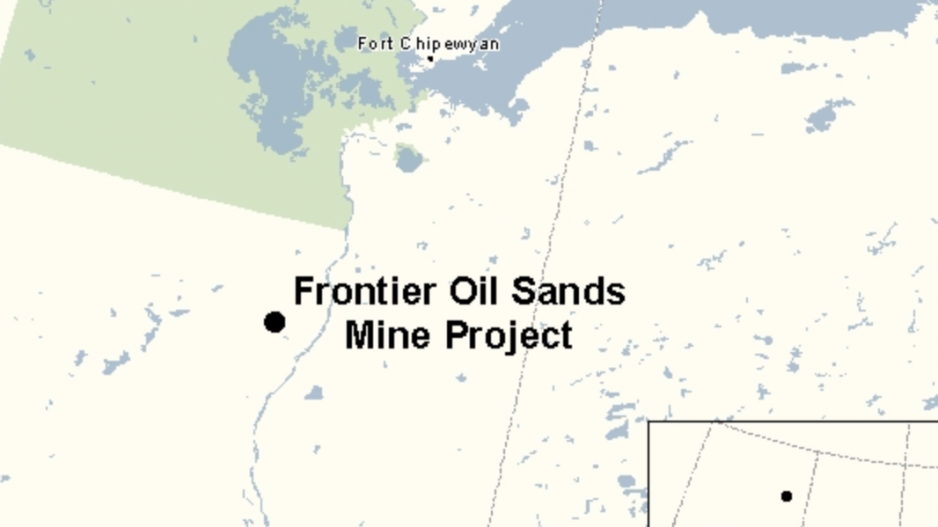Teck Resources Limited (TSX:TECKB.) announced Sunday (February 23) it is withdrawing the Frontier project from the regulatory review process.
It will take a write-down of more than $1 billion.
Teck CEO and president Don Lindsay has written to the federal Minister of Environment and Climate Change outlining the reasons for the withdrawal. The letter is available here.
Alberta Premier Jason Kenney said Teck's decision means the loss of a potential 7,000 jobs and $70 billion in tax and royalty revenue of the mine's lifespan. And he suggested the federal government was to blame for Teck's decision.
"Teck's decision is disappointing but in light of the events of the last few weeks it is not surprising," Kenney said in a statement. "It is what happens when governments lack the courage to defend the interests of Canadians in the face of a militant minority.
"Weeks of federal indecision on the regulatory approval process and inaction in the face of illegal blockades have created more uncertainty for investors looking at Canada."
But Teck itself appears to be blaming Alberta for some of that uncertainty as well. It cites strong climate change policy -- or the lack thereof -- as one of the reasons for its decision. Institutional investors are increasingly mindful of the need for commitments to address climate change, both from business and government.
While Kenney's government has kept a carbon tax for heavy industry, including the oil sands, it scrapped the broader economy-wide carbon tax that the Rachel Notely government had introduced.
And the company says Canada has not yet reconciled the development of resources with climate change policies.
“Global capital markets are changing rapidly and investors and customers are increasingly looking for jurisdictions to have a framework in place that reconciles resource development and climate change, in order to produce the cleanest possible products," Lindsay says in his letter.
"This does not yet exist here today and, unfortunately, the growing debate around this issue has placed Frontier and our company squarely at the nexus of much broader issues that need to be resolved.
"In that context, it is now evident that there is no constructive path forward for the project. Questions about the societal implications of energy development, climate change and Indigenous rights are critically important ones for Canada, its provinces and Indigenous governments to work through.”
The Frontier mine would have generated 4 million tonnes of CO2 annually, and there has been some debate as to how far that would push Alberta towards reaching its 100 megatonne emissions cap for the oil sands.
"As Teck has rightly pointed out, and as many in the industry know, global investors and consumers are increasingly looking for the cleanest products available and sustainable resource development," federal Environment Minister Jonathan Wilkinson and Natural Resources Minister Seamus O'Regan said in a joint statement.
"We agree with Teck and leading industry groups that all orders of government need a real plan for climate action now and to reach a net zero economy by 2050."
As a result of this decision Teck will write down the $1.13 billion carrying value of the Frontier project.
(With files from Business in Vancouver.)




